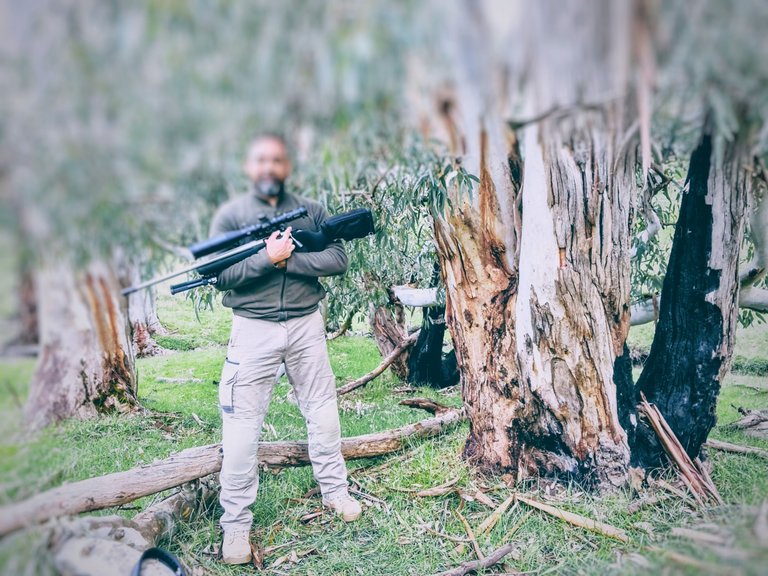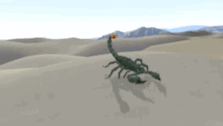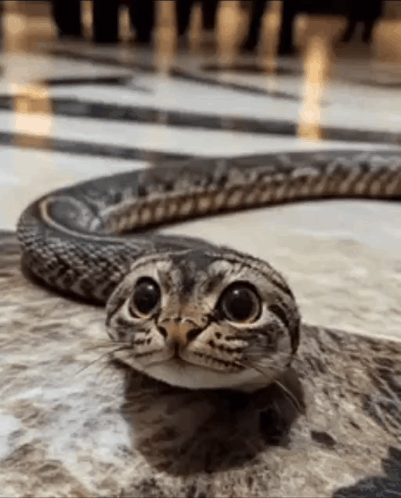
I've hunted a lot of things and most of what I've hunted has died; I miss my target sometimes (rarely) and sometimes my quarry evades me which is exactly how it should be because there's no challenge if it's easy. I like needing the right skills, training and practice and the effort it takes to hunt and, because I like being as self-reliant as I can be, I like knowing how to provide for myself and those around me through hunting, trapping, snaring, fishing and so on.
I've learned a lot over the years and thought I'd share some, in no particular order of importance or value, that have made a difference to my success rate, the enjoyment or ongoing satisfaction that I conducted the hunt as ethically and humanely as possible. These may differ in different circumstances and dependent on what's being hunted but they generally apply.
- Only take equipment which value-adds the hunt, allows one to hunt for longer, safer, smarter and with a greater chance of success.
- Never step on anything that can be stepped over or avoided; stepping on things makes noise and noise is a hunter's enemy. Aligning with this is learning how to stalk with stealth and to walk quietly all the time.
- Stalk and approach from downwind.
- I always hunt wearing camouflage but the best camouflage is sitting down and staying still - and being silent. It also pays to understand how the game sees the world through their eyes as that may affect how one dresses. However, being quiet and still is most important - not doing so is most likely how your target will know you're there.
- Mask your appearance and shape (that's what camouflage is all about), hide your scent, sound and movement.
- Look for movement not the shape or colour of the thing you're hunting as it's easier to spot movement - a moving branch in an otherwise still environment is a dead giveaway that something is moving there...unless it's windy of course.
- Bad weather isn't a good reason to quit the hunt, it works to a hunters advantage - Just be prepared for it as not being prepared makes for a miserable and probably unproductive hunting trip.
- Know where your target will be and hunt there rather than where you think or guess it might be. This takes practice and study, time and experience. Your target may not think like you (especially if it's an animal) so think like it, learn how the target is likely to think, act and where it may go at different times of the day or night; it's patterns.
- Think the shot through and be sure of it, follow the methods (you should have learned and practiced them tirelessly) to make the shot count. A bullet can't be taken back so make sure it goes to the right place; the ramifications of a misplaced shot could be catastrophic and regret lasts forever.
That's it, a few little things I've learned and apply when I hunt. These are basic but, of course, the skills and effort that sit behind them are not; it takes a lot of time and effort to build the right skills to do anything and hunting is no different; the fact that something dies means a person should work to build their skills to the highest level.
Design and create your ideal life, tomorrow isn't promised - galenkp
[Original and AI free]
Image(s) in this post are my own




